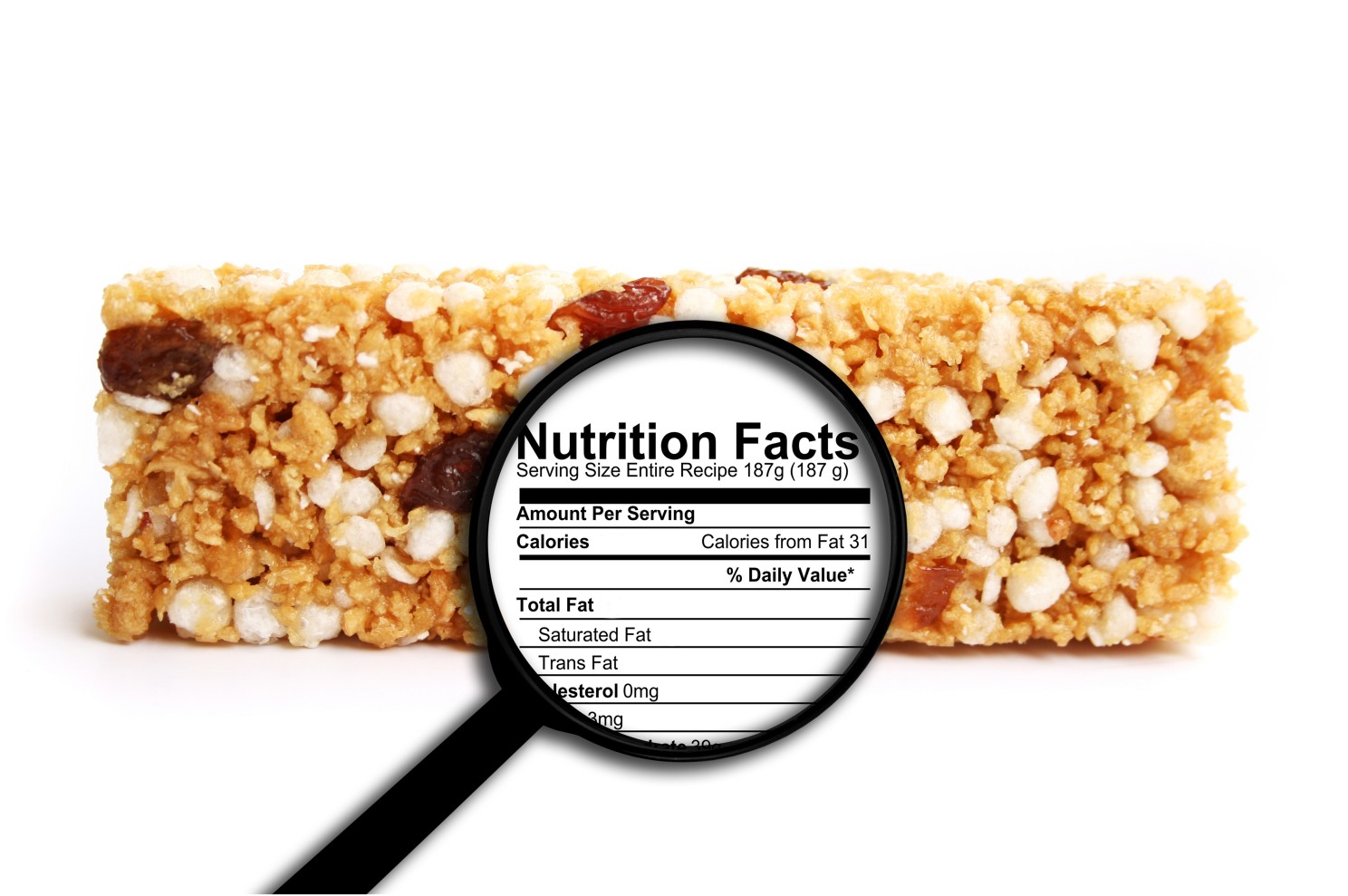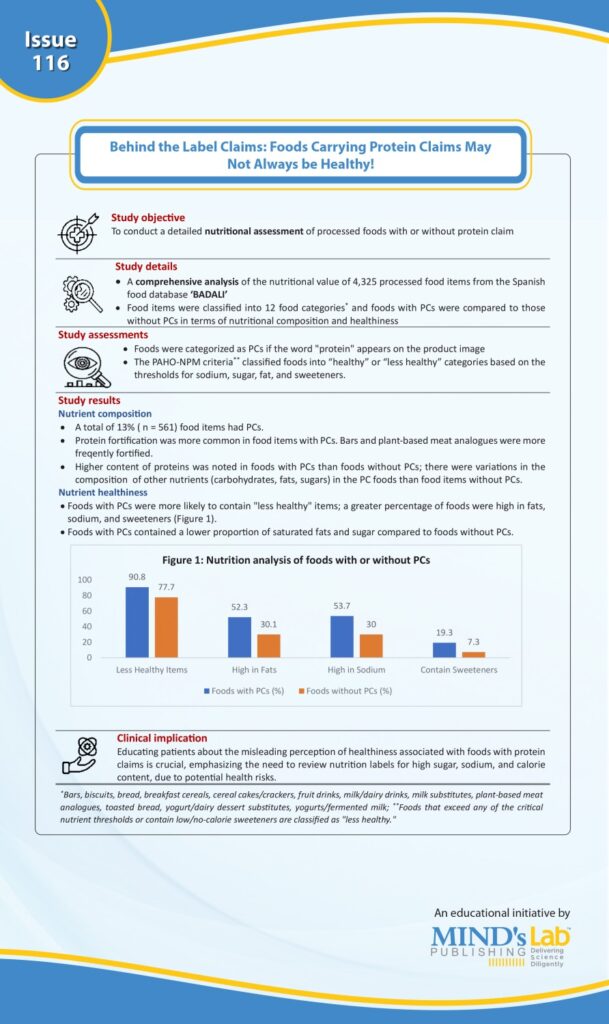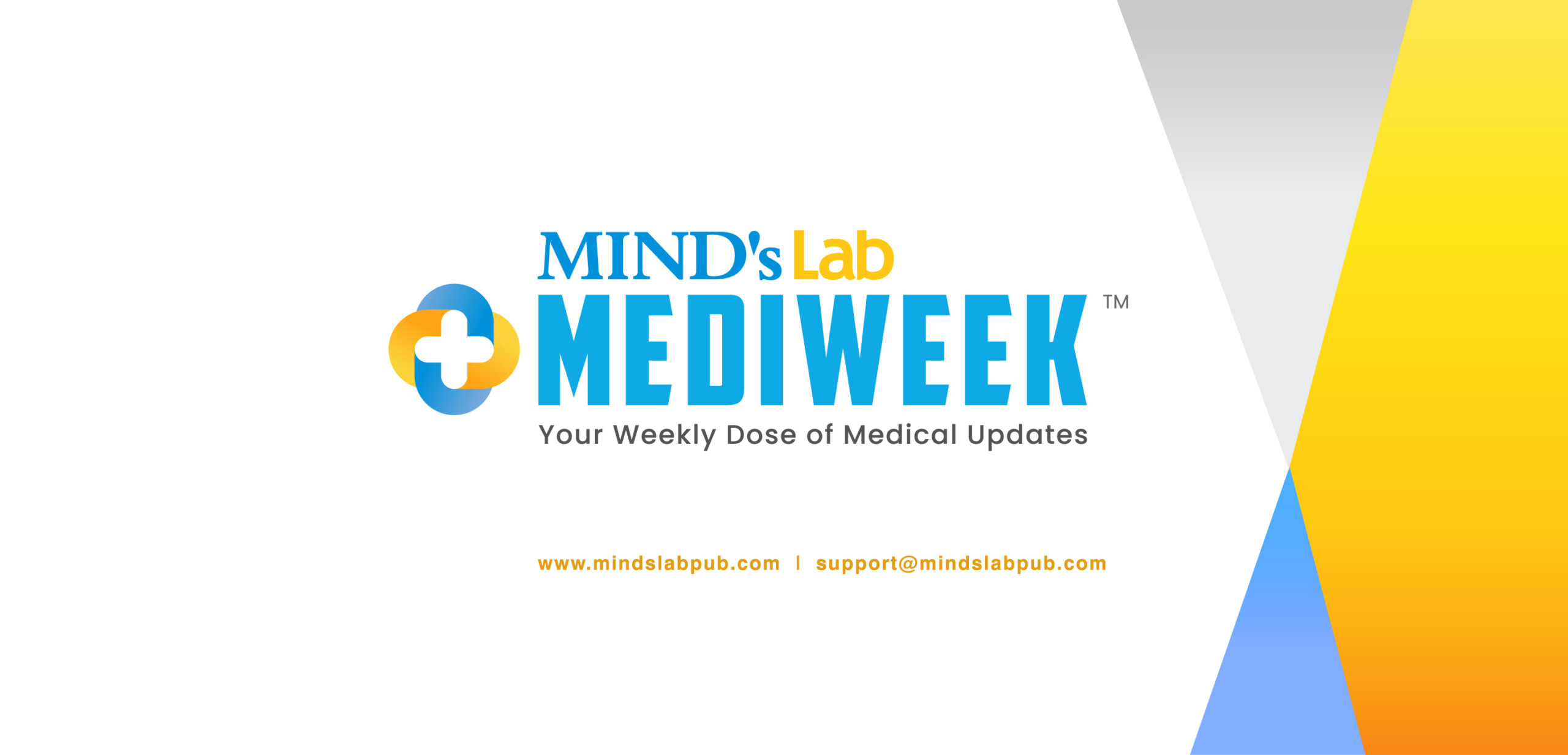
Protein supplements and protein-fortified foods, once promoted primarily to the athletes, are now being increasingly targeted at the general population. “Proteins” is currently one of the best-selling functional food ingredients. The growing demand for protein-rich products appears to stem not only from deficiency, but from the enhanced consumer awareness on the role of proteins in muscle growth and overall well-being. Furthermore, the presence of extra proteins in the foods often leads consumers to perceive them as healthier, with many associating protein fortification with improved health, especially in products like yogurt, cereals, or protein bars. This influences the purchase decisions of the consumers.
In real-world settings, consumers typically rely on protein claims (PCs) rather than examining the ingredient list or the protein content, as it is more practical. However, these foods may contain high levels of sugar, sodium, fats, or sweeteners, posing potential health risks that consumers often overlook, making it imperative to assess the nutritional quality of food with PCs.
A study carried out by Beltra et al., which was recently published in the journal “Nutrients” evaluated and compared the quality of the food with PCs to those with no claims. Using data from a Spanish food database ‘BADALI’, 4,325 processed foods belonging to 12 different food types-viz. bars, biscuits, bread, breakfast cereals, cereal cakes/crackers, fruit drinks, milk/dairy drinks, milk substitutes, plant-based meat analogues, toasted bread, yogurt/dairy dessert substitutes, and yogurts/fermented milk were assessed and compared. The study reported nutritional differences across various food types and among foods with or without PCs. Protein claims were mentioned in 13% (n = 561) of the analysed food items, with 60% being fortified with proteins, majorly plant-based. At least 9 out of 10 foods with PCs were considered “less healthy,” over half were high in fat or sodium, and a significant proportion of these containing high levels of sugar, saturated fat, or sweeteners.
As foods with PCs had more number of “less healthy” items, higher proportion of items rich in fat or sodium, and a greater presence of sweeteners, this study challenged the perception that foods with PCs are healthy, and highlights the potential additional health risks associated with their consumption (See Graphic).

(Source: Beltra M, Borras F, Ropero A. Are foods with protein claims healthy? A study of the Spanish market. Nutrients. 2024;16(24):4281. https://doi.org/10.3390/nu16244281)
